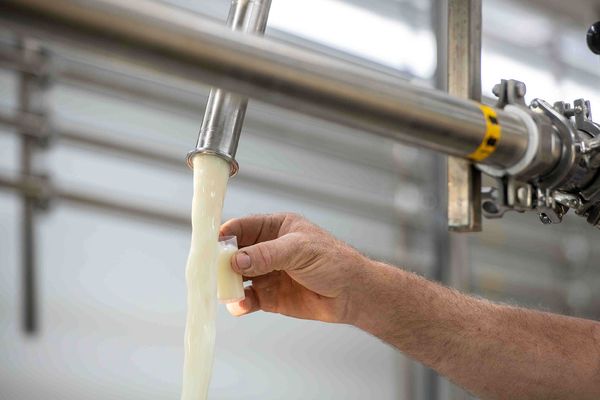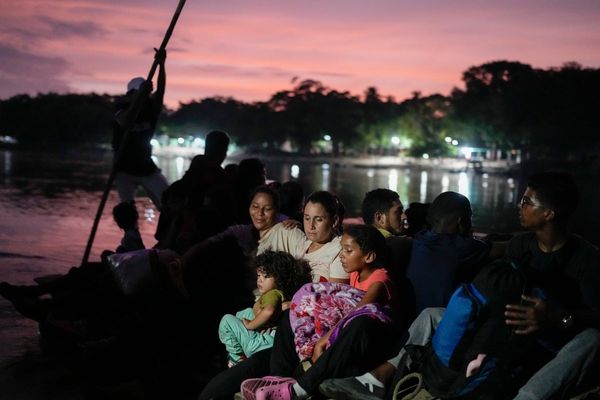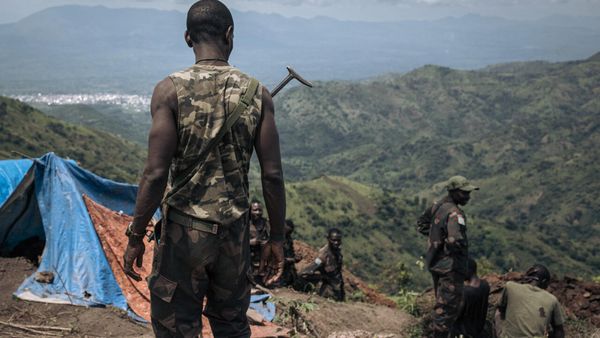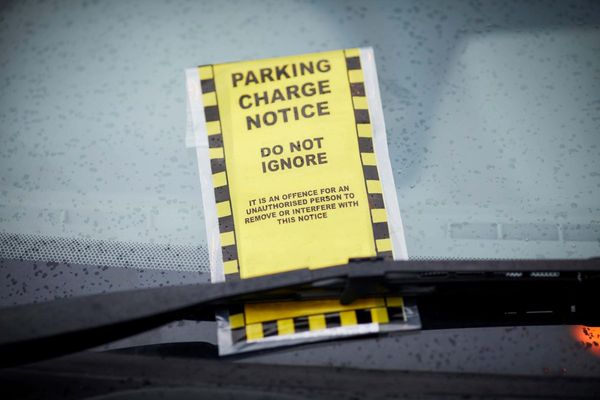
Kyiv (Ukraine) (AFP) - Moscow on Friday accused Kyiv of carrying out its first air strike on Russian soil, in a new blow to hopes of any de-escalation in President Vladimir Putin's war against Ukraine.
Peace talks between Ukrainian and Russian officials resumed via video, but Moscow warned that the helicopter attack on a fuel depot in the town of Belgorod would hamper negotiations.
Kyiv would neither confirm nor deny it was behind the attack, with Foreign Minister Dmytro Kuleba saying he did "not possess all the military information".
After over a month of a military campaign that has reduced parts of Ukraine to rubble, Moscow said in peace talks earlier this week it would scale back attacks on the capital Kyiv and the city of Chernigiv.
But Ukraine's President Volodymyr Zelensky said Russia was consolidating and preparing "powerful strikes" in the country's east and south, joining a chorus of Western assessments that Moscow troops were regrouping.
"This is part of their tactics," said Zelensky in a late-night address.
"We know that they are moving away from the areas where we are beating them to focus on others that are very important...where it can be difficult for us," he said.
"In Donbas and Mariupol, in the Kharkiv direction, the Russian army is accumulating the potential for attacks, powerful attacks," he said.
Fears grew that the theatre of war may yet widen, as Russia accused Ukraine of an air strike with helicopters hitting energy giant Rosneft's fuel storage facility in the western town of Belgorod, around 40 kilometres (25 miles) from the border with Ukraine.
'Errors in calculation?'
Oleksiy Arestovych, an aide to Ukraine's president, said Kyiv was concentrating on repelling the enemy.
"For what's happening on Russia's territory, the responsibility lies with Russia, and it's up to them to deal with what's happened there," he said in a video on Twitter.
But the consequence of Russia's accusation was swiftly made clear by the Kremlin.
"Of course, this is not something that can be perceived as creating comfortable conditions for the continuation of negotiations," Kremlin spokesman Dmitry Peskov told reporters, referring to ongoing peace talks.
Russia launched its offensive on February 24 on its neighbour, expecting to quickly take Kyiv and topple Zelensky's government.
But a ferocious Ukrainian fightback and logistics and tactical problems scuppered such plans.Meanwhile Russia is battling unprecedented Western sanctions that have led multinationals to quit the country en masse.
On the ground, Ukraine's troops were beginning to regain control including around capital Kyiv and in the southern region of Kherson -- the only significant city that Russia had managed to occupy.
'Common grave'
Russian troops "are continuing their partial retreat" from the north of Kyiv towards the Belarusian border, said Ukraine's defence ministry.
Civilians were trickling out of devastated areas as Ukrainian forces liberated 11 localities in the regions around Kyiv and Chernigiv further north.
Three-year-old Karolina Tkachenko and her family have walked an hour through a field strewn with burnt-out Russian armoured vehicles to flee their village outside Kyiv.
"The shops are closed, there's no delivery of supplies.The bridge is also blown up, we can't go for groceries through there," said Karolina's mother Karina Tkachenko.
"I hope all this will end soon, and I will go back to my work," she told AFP.
In the southern city of Mariupol, residents who managed to flee weeks of continuous shelling left behind widespread devastation.
Viktoria Dubovytskaya, who had been sheltering in the theatre where 300 people are feared killed in Russian bombardments, said she only grasped the extent of the port city's destruction as she left.
Bodies lay in the rubble, sometimes there were small wooden crosses planted in the ground, she told AFP.
"When people find their loved ones, they just bury them wherever then can.Sometimes where roses used to bloom," she said."The city is now a common grave for everyone."
An estimated 160,000 people are still desperately trapped in Mariupol, waiting for help with little water, food and electricity.
'Radiation risks'
Russian forces have encircled Mariupol in their bid to capture the city to join up the breakaway regions in Lugansk and Donetsk under control of pro-Moscow forces in the east with the Crimea peninsula, which it annexed in 2014.
Repeated operations to set up a safe corridor for civilians to escape weeks of Russian shelling in Mariupol have collapsed.
The international Red Cross, whose team of nine staff in three vehicles were on the way to the city to help coordinate a rescue operation, said they failed to reach Mariupol or facilitate the safe passage of civilians.
A new attempt will be made on Saturday, it said in a statement.
Meanwhile Ukrainian officials warned that Russian forces who left Chernobyl nuclear plant after weeks of occupation may have been exposed to radiation.
"Russia behaved irresponsibly in Chernobyl on all accounts from not allowing the personnel of the station to perform their functions in a due manner to digging trenches in the contaminated areas," said Kuleba.
"The Russian government exposed their compatriots to radiation," he said, adding that Kyiv is currently working with the International Atomic Energy Agency to identify any risks and to mitigate them.
Since the Russian invasion, there have been fears of increased radiological risks in Chernobyl where a reactor exploded on April 26, 1986, causing the world's worst nuclear accident.
Reputational damage
With his economy crippled by unprecedented international sanctions, Putin has sought to leverage Russia's status as an energy power.
Warning that EU members will need to set up ruble accounts from Friday to pay for his country's gas, he said existing contracts would be halted if the payments were not made.
The EU has joined the United States in imposing sanctions but has stopped short of imposing an energy embargo.
Moving to ease supply tensions on the energy market that have sent crude prices soaring, US President Joe Biden said more than 30 countries have joined Washington in tapping national oil reserves.
The EU on Friday turned its eye to China, warning Beijing at a summit not to take Russia's side.
"It would lead to a major reputational damage for China here in Europe," European Commission chief Ursula von der Leyen warned.
burs-hmn/raz







